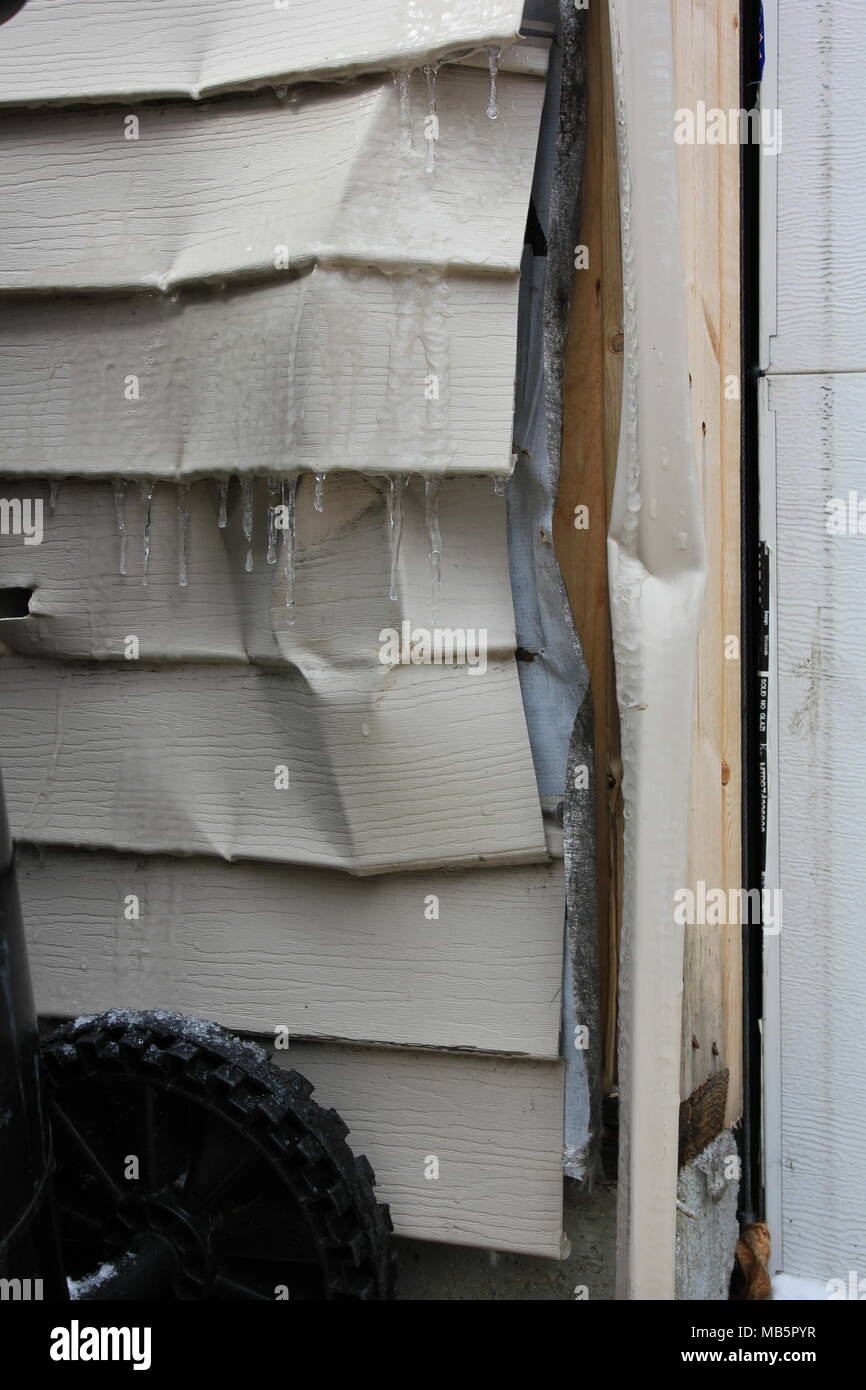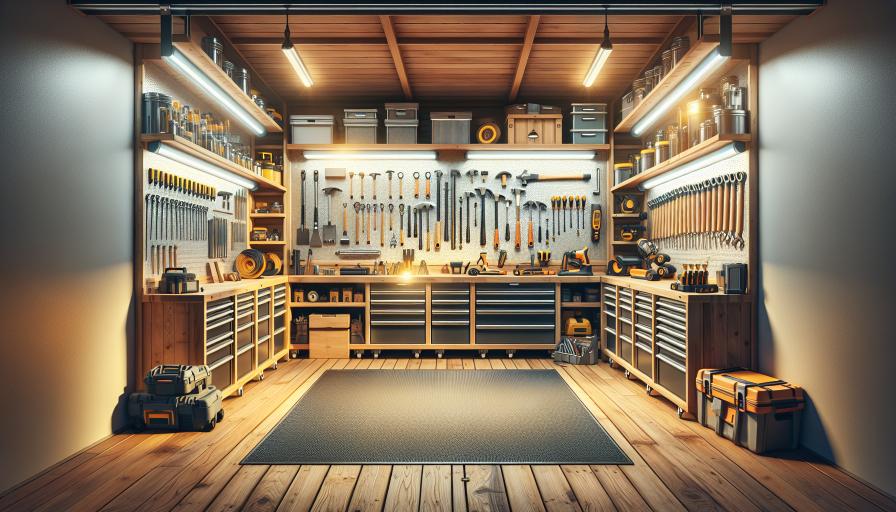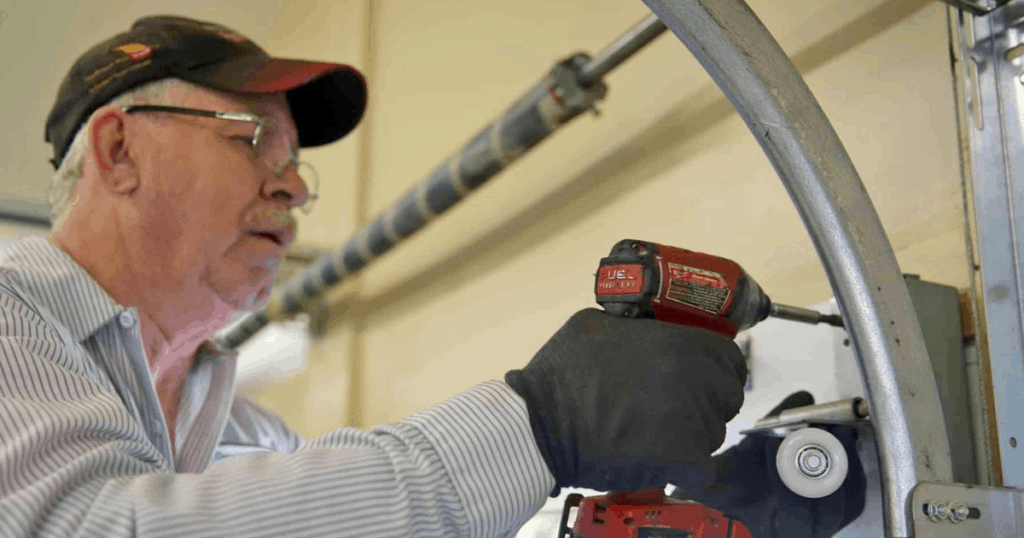I'll never forget the day my neighbor Tom accidentally backed into his garage door. The sound of crunching metal echoed through our quiet suburban street, and within minutes, I was helping him assess the damage. That incident taught me valuable lessons about garage door repairs that I'm eager to share.
When your garage door meets the wrong end of a vehicle, the aftermath can range from a minor inconvenience to a major safety hazard. Understanding how to proceed after such an accident is crucial for both your safety and your wallet.

Initial Assessment: More Than Meets the Eye
The first step after any garage door collision is a thorough damage assessment. While obvious damage like dented panels or broken hardware might catch your immediate attention, it's the hidden damage that often poses the greatest risks. During Tom's incident, what initially appeared to be just a dented panel turned out to have caused misalignment in the entire door system.
Common types of visible damage include dented or broken panels (especially in the lower sections), off-track rollers, and damaged tracks. However, you should also watch for less obvious signs of trouble: unusual noises during operation, vibration when the door moves, or doors that seem slightly off-balance. These symptoms often indicate deeper structural issues that require immediate attention.
The DIY Dilemma: When to Fix It Yourself
While the temptation to save money with DIY repairs is understandable, garage door repairs require careful consideration. For minor issues like small dents or loose hardware, a DIY approach might be appropriate. However, remember that garage doors are complex systems under significant tension.
If you decide to tackle minor repairs yourself, proper preparation is essential. Start by disconnecting the power to prevent accidental activation. Gather necessary tools including pliers, wrenches, a level, and appropriate safety gear. Most importantly, know your limits. When Tom attempted to fix his door's track alignment himself, he quickly realized he was in over his head and wisely called for professional help.

Professional Repairs: Worth the Investment
Professional garage door repair services typically charge between $125 and $290 for most repairs, with costs varying based on damage severity. While this might seem expensive compared to DIY solutions, professional repairs often prove more cost-effective in the long run by preventing further damage and ensuring proper safety standards.

The Insurance Factor
Before proceeding with any repairs, contact your insurance provider. Many homeowners' policies cover garage door damage from vehicle impacts. In Tom's case, his insurance covered most of the repair costs, requiring only a modest deductible. Document everything thoroughly with photos and detailed notes about the accident and resulting damage.
Repair or Replace: Making the Smart Choice
The decision to repair or replace your damaged garage door depends on several factors. For doors less than 10 years old, repairs are often the most cost-effective solution. However, if your door is approaching the 15-30 year mark, replacement might make more sense. Consider the extent of the damage, the door's age, and the cost comparison between repairs and replacement.
Preventing Future Accidents
After experiencing a garage door collision, implementing preventive measures becomes crucial. Install proper lighting and consider adding guides or markers to help with parking alignment. Many homeowners find that simple additions like parking assists or safety sensors can prevent future accidents.
Safety First, Always
Whether you're assessing damage, attempting repairs, or waiting for professional help, safety should be your primary concern. Never try to operate a severely damaged door, as this could lead to further damage or injury. Keep children and pets away from the damaged area, and avoid any repairs involving the door's spring system, which can be extremely dangerous if mishandled.
Looking Forward
A garage door accident doesn't have to be a disaster. With proper assessment, professional help when needed, and careful attention to safety, you can restore your garage door to proper working order. Tom's experience taught us both that while accidents happen, the key is responding appropriately and taking steps to prevent future incidents.
Remember, your garage door is one of your home's largest moving components. Treating it with respect and maintaining it properly will ensure its safe operation for years to come. Whether you choose DIY repairs or professional services, prioritizing safety and proper repair techniques will help avoid costly mistakes and ensure your garage door continues to serve its purpose effectively.

